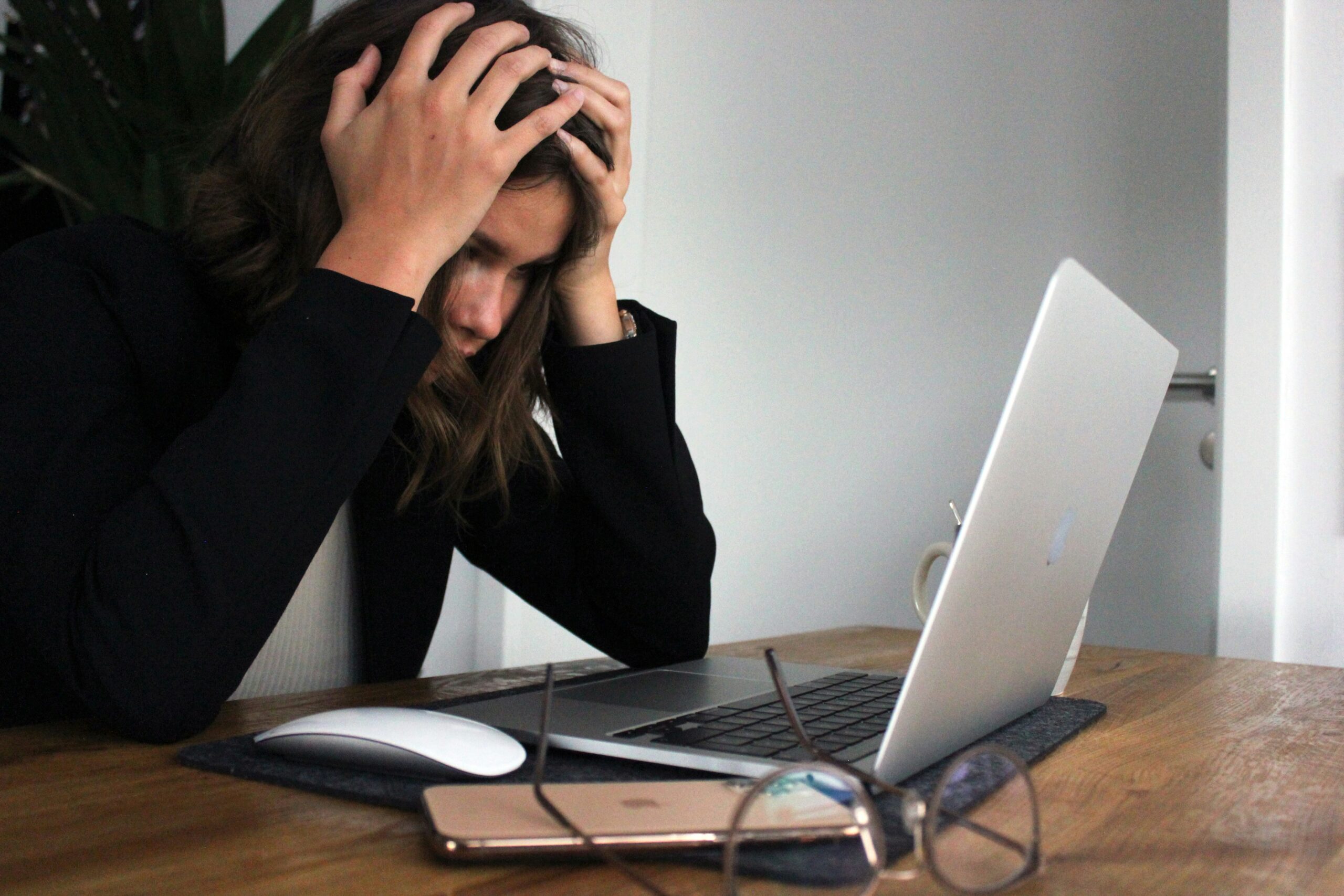Plaque psoriasis is a chronic autoimmune condition that affects millions of people in the United States. It is characterized by the formation of red, raised patches covered with silvery scales on the skin. While the exact cause of plaque psoriasis is still unknown, researchers have found a strong link between stress and the development and exacerbation of this condition.

Stress is a natural response to challenging situations, but when it becomes chronic and unmanaged, it can have a detrimental effect on our physical and mental well-being. In the case of plaque psoriasis, stress can trigger flare-ups and worsen existing symptoms.
The Stress-Psoriasis Connection
Stress affects the immune system, increasing inflammation in the body. In individuals with plaque psoriasis, this heightened inflammation can lead to the rapid growth of skin cells, resulting in the characteristic plaques.
Moreover, stress can disrupt the skin’s barrier function, making it more susceptible to irritants and allergens. This can further aggravate psoriasis symptoms and make them harder to manage.
Managing Stress to Combat Plaque Psoriasis
While it may not be possible to eliminate stress completely from our lives, there are several strategies that can help manage and reduce its impact on plaque psoriasis:
1. Practice Stress-Relief Techniques
Engaging in activities that promote relaxation and reduce stress can be highly beneficial for individuals with plaque psoriasis. Techniques such as deep breathing exercises, meditation, yoga, and progressive muscle relaxation have been shown to decrease stress levels and improve overall well-being.
2. Maintain a Healthy Lifestyle
Eating a balanced diet, getting regular exercise, and prioritizing sleep are essential for managing stress and supporting overall health. A healthy lifestyle can strengthen the immune system and improve the body’s ability to cope with stressors.
3. Seek Support
Living with plaque psoriasis can be challenging, both physically and emotionally. It is important to reach out for support from friends, family, or support groups. Sharing experiences and connecting with others who understand the impact of psoriasis can provide comfort and reduce feelings of isolation.
4. Practice Mindfulness
Mindfulness involves being fully present in the moment and accepting one’s thoughts and feelings without judgment. By practicing mindfulness, individuals with plaque psoriasis can cultivate a greater sense of self-awareness and develop coping strategies to deal with stressors effectively.
5. Prioritize Self-Care
Engaging in activities that bring joy and relaxation can help reduce stress levels. Whether it’s taking a warm bath, reading a book, listening to music, or pursuing a hobby, carving out time for self-care is crucial for managing stress and promoting overall well-being.
6. Consider Professional Help
If stress becomes overwhelming and starts to significantly impact daily life, seeking professional help from a therapist or counselor can be beneficial. They can provide guidance and support in developing effective stress-management techniques tailored to individual needs.
Conclusion
While stress may be the hidden culprit behind plaque psoriasis, it is important to remember that managing stress is within our control. By implementing stress-relief techniques, maintaining a healthy lifestyle, seeking support, practicing mindfulness, prioritizing self-care, and considering professional help when needed, individuals with plaque psoriasis can fight back against the detrimental effects of stress and improve their overall quality of life.